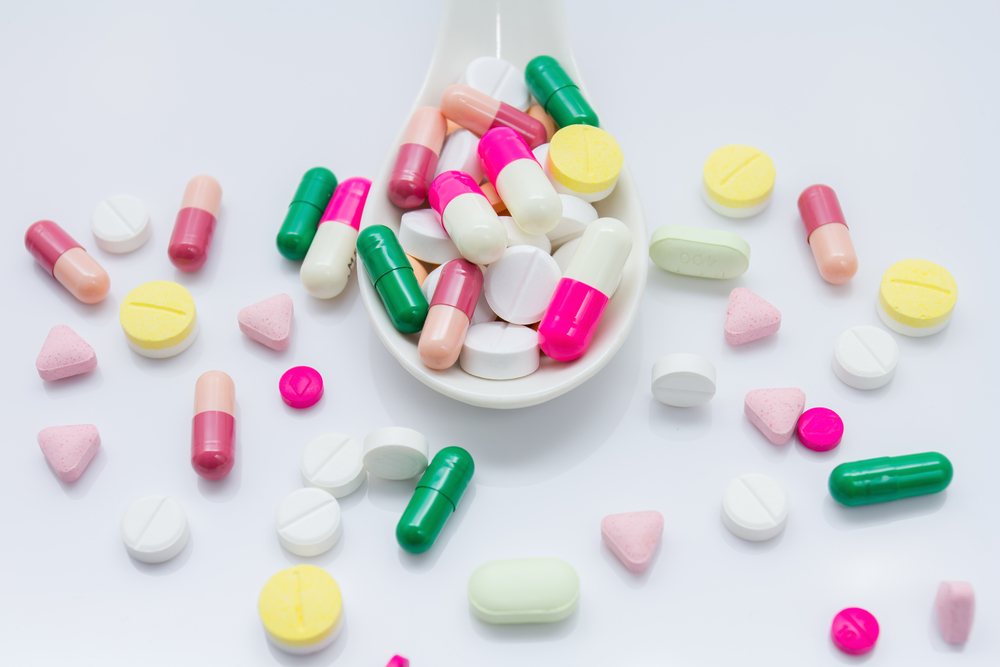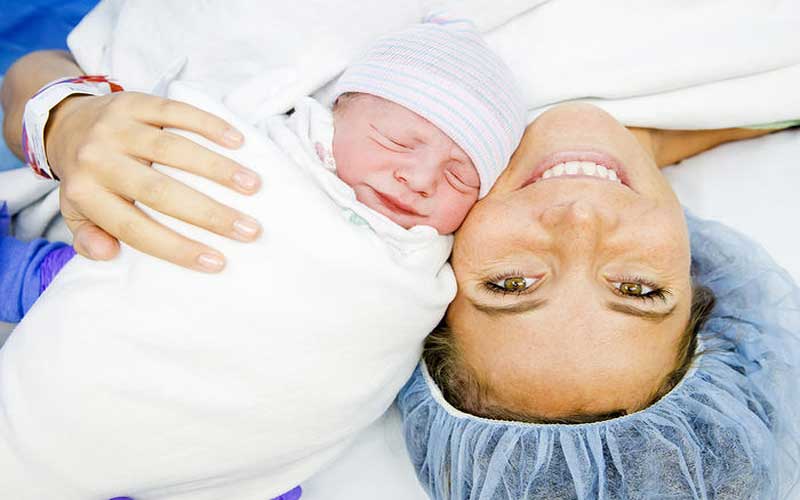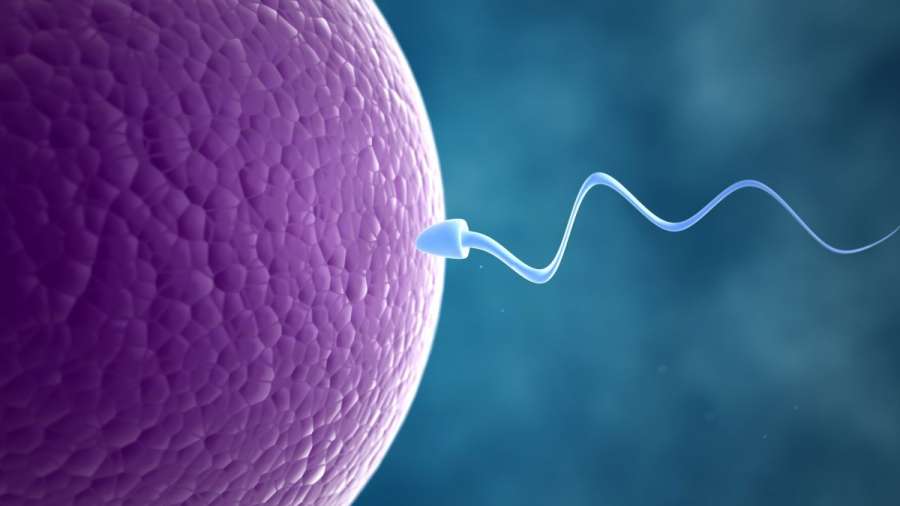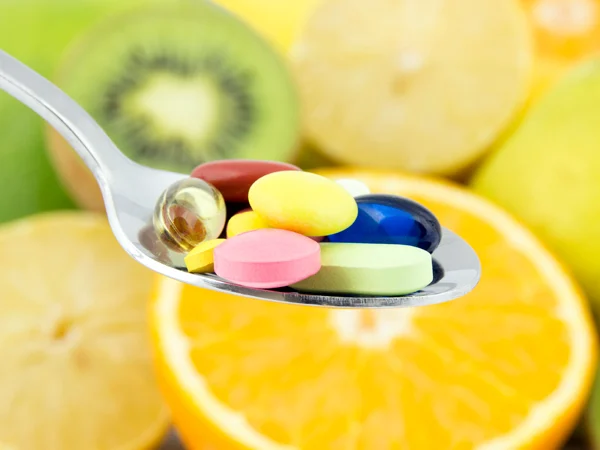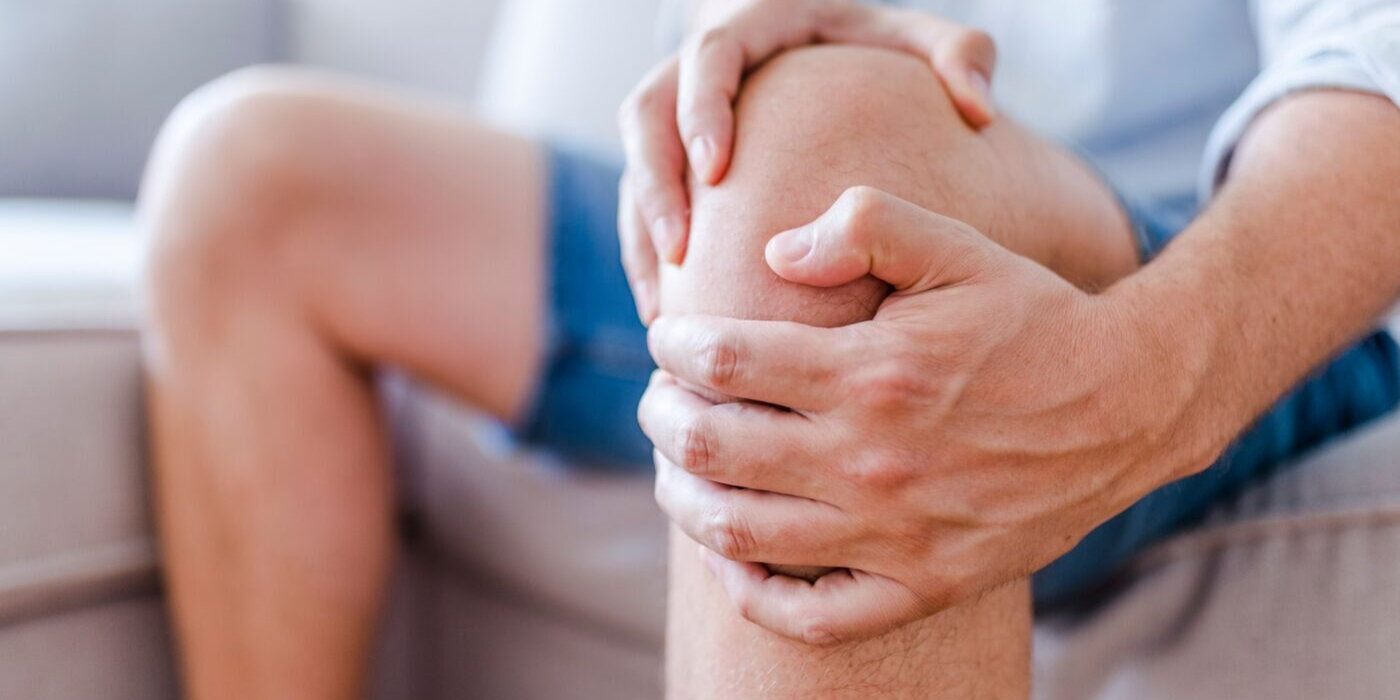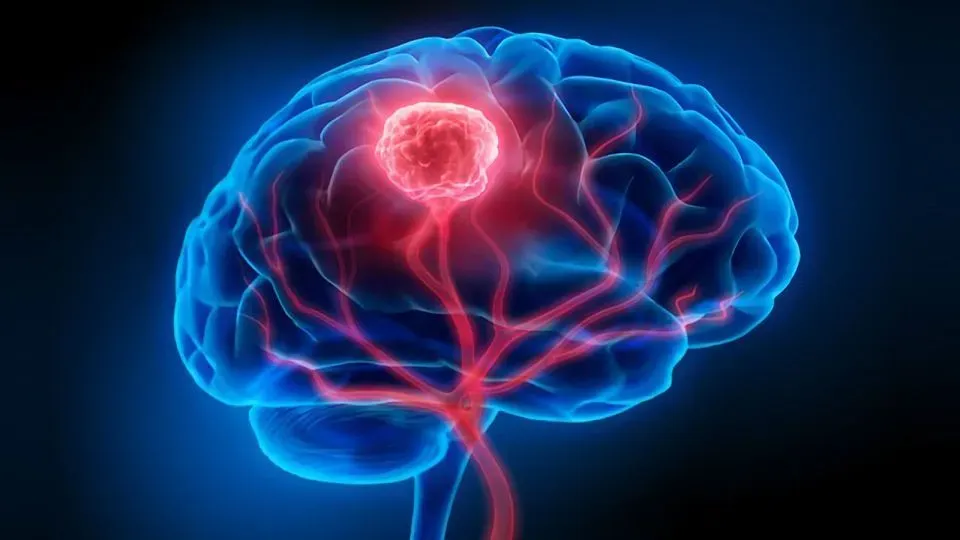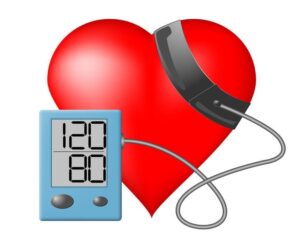What is obesity?
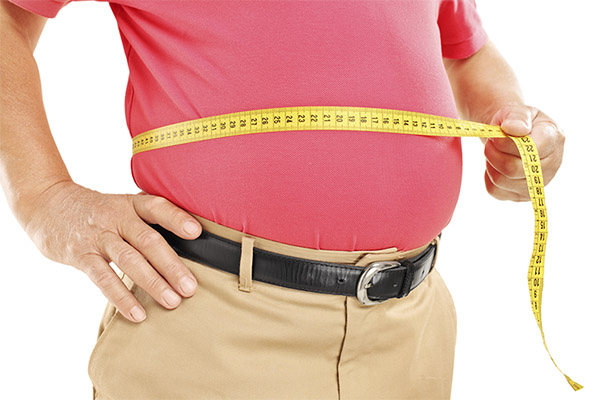
You are obese when you are overweight and your body mass index or BMI is 30 and above. This body mass index is a measure of your weight in kilograms compared to the square of your height in meters. The size of your waist is also important and actually indicates the amount of abdominal fat. The bigger your BMI and waist size, the more health risks you face. A waist circumference greater than 102 cm in men and 88 cm in women is a sign of a significant increase in health-threatening risks.
 What are the dangers of obesity?
What are the dangers of obesity?
As people age, the risks of obesity also increase. In fact, obesity is a serious problem that threatens your health and causes important diseases such as:
- Increased blood pressure
- diabetes
- Respiratory problems
- Gallbladder diseases
- gout
- Some types of cancer (such as colon, breast, prostate, uterus, kidney, ovary, pancreas, liver and gall bladder cancer)
- Strokes
- Cardiovascular diseases
- An increase in blood fat, which is often in the form of an increase in cholesterol.
- Bone and joint problems and arthritis (dryness and joint pain, especially knees)
- Obesity makes your doctor unable to perform a good physical examination for you, or you face many problems when performing imaging of your body such as CT scan, or even when you need surgery.
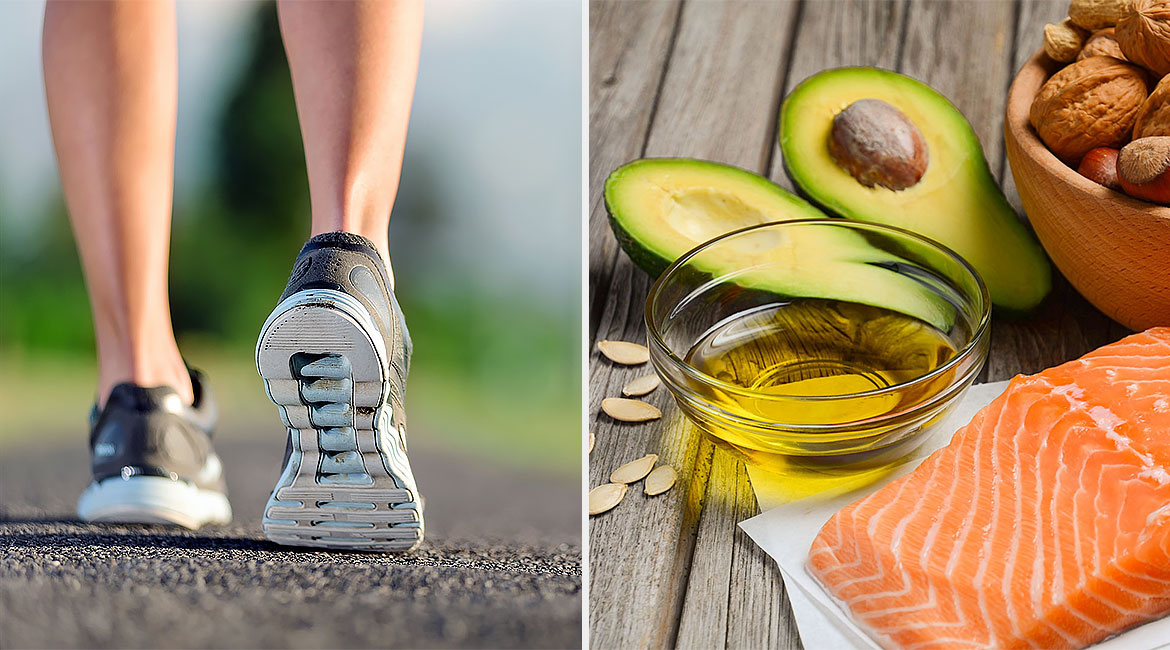 First steps to lose weight:
First steps to lose weight:
- Remember that anything you put in your mouth can add weight (both food and drink).
- Avoid sugary drinks. Water and diet drinks that are suggested to you under the supervision of a doctor are your choices.
- Make your bites smaller.
- Exercise is an important part of your weight loss program.
- It is better to eat small amounts of your food in more meals than to eat a large amount of your food in one meal.
- Avoid high-calorie foods such as ready meals, snacks such as chips, fried potatoes, ice cream, etc.
- It is better to make small changes in your meal size and diet to gradually lose weight over time instead of trying to lose a lot of weight in a short time by severely restricting your meal size.
Dietary recommendations for weight control:
- Know the food groups: dairy products, fruits, vegetables, breads and grains, meats and fats. The group of fats has the highest amount of energy and the group of vegetables has the lowest amount of calories. Make the variety and color of daily food your top priority and remember that a healthy diet should contain all food groups.
- Avoid eating foods with high calories and low nutritional value, such as sugar, jelly, syrup, chips, potatoes, corn, fried foods, creamy sauces, sodas, candy, chocolate, cakes, sweets.
- Change the way you cook. Try to fry your food less, get used to eating boiled, steamed or grilled food. The amount of calories in any food can be greatly reduced by changing the cooking method.
- For example: fried chicken has more calories compared to grilled chicken and boiled chicken; Or fried potatoes have more energy compared to boiled potatoes. Also, adding salad dressings, mayonnaise, butter and cream to foods increases their calorie content.
- Add vegetable fiber and low-calorie foods to your daily diet, such as celery, cucumbers, lettuce, carrots, cabbage, bell peppers, sprouts, mushrooms, and onions.
- It is necessary to drink at least 8 glasses of water a day. Note
- Avoid using solid oils, animal fats, butter, margarine, cream, milk, etc.
- It is not recommended to consume ready-made and high-fat foods such as pizza, sausages and sausages, hamburgers, sandwiches, canned foods, mayonnaise sauces, etc.
- Avoid eating foods rich in cholesterol such as liver, tongue, egg yolk. Limit liver consumption to once a month.
- Try to include the recommended amount of fruits and vegetables in your diet. Vegetables and fruits are a v
- that the time to drink water is one hour before meals or two hours after meals. Do not drink water with food.
- Reduce the size of your food processor.ery good source of vitamins and minerals.
- If you consume tea, consume it very little and use dates or raisins along with tea according to your diet.
- Use legumes, which are very good sources of protein and fat-free, in your diet. Just be sure to soak them before cooking to reduce their puffiness.
- Consumption of vegetables, both raw and cooked, is free in a slimming diet due to their low calorie content.
- Along with meat dishes, use sources of vitamin C such as citrus juice (orange, lemon, and orange), fresh parsley, tomatoes, bell peppers, etc., so that the iron can be better absorbed.
- In general, try to consume low-fat dairy products (1.5-2% fat). Do not forget that neglecting to eat milk and dairy products will lead to irreparable harmful effects such as osteoporosis and hair loss, so do not forget to consume at least 2 glasses of milk or yogurt a day.
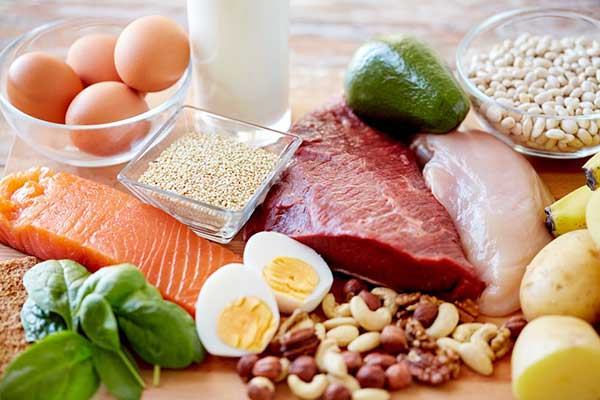 Choose a small plate, pull your food and eat it somewhere away from the main source of food (plate, pot, etc.). Try to put the spoon in the plate between taking it to the mouth and take it again.
Choose a small plate, pull your food and eat it somewhere away from the main source of food (plate, pot, etc.). Try to put the spoon in the plate between taking it to the mouth and take it again.- In the weight loss diet, the main emphasis is on eating dinner in the early hours of the night (before 8 p.m.).
- Drink a glass of warm milk before going to bed, because warm milk stays in your stomach longer and you will feel fuller during the night. Also, lukewarm milk calms the nerves and you can have a good sleep.
- You can use yogurt, olive oil and lemon juice to prepare the sauce.
- Limit your salt intake to 1 tablespoon per day.
- Canned foods such as tuna or canned vegetables are high in sodium and potassium. People with high blood pressure and kidney problems should not use canned food.
- Try to use more soups and watery foods in your menu. For this purpose, you can prepare your dinner (especially if you eat cooked food) in the form of a soup or vegetable dish.
- Do not skip any of your meals and avoid being hungry for a long time, because it causes overeating when faced with food.
- Do not skip breakfast under any circumstances.
- Eating salad and yogurt 15-20 minutes before the main meal reduces your appetite and makes you feel full sooner. Therefore, it is recommended to eat yogurt and salad before the main meal.
- Instead of consuming a lot of red meat, try to use white meat (chicken, fish, turkey), soy and beans.
- Remove chicken skin and meat fat before cooking.
- Do not use fried foods and use boiled and steamed foods instead.
- Avoid soft drinks, desserts and juices (natural and industrial) and use fruits and low-salt butter or kefir instead.
- Choose your cereal from the group of whole grains, such as diet breads (rogan bread, paprika, barley bread, oat bread), whole grain biscuits, whole grain pasta, wheat germ, etc.
- Chew food thoroughly and eat slowly. This is effective in preventing excessive consumption of food.
- Avoid placing food in front of the eyes.
- Avoid buying food when you are hungry.
- Make a list of the food items you need and buy only those items when shopping.
- If possible, try to involve other family members in the implementation of dietary recommendations; Such as eating dinner in the early hours of the night, eating salad before the main meal, etc.
- Try not to make eating a mere activity. For this purpose, you can talk while eating, the food on the table is not completely ready to eat (for example, walnuts with skin instead of walnut kernels or coarse salad components are chopped so that more time is spent eating them). But avoid watching TV and reading while eating.
- Encourage yourself to follow your diet.
- Frequent weight loss and weight gain will increase the fat mass of the body and decrease the muscle mass of the body, so it will be more difficult to lose weight the next time. Therefore, maintaining the reduced weight is more important.


